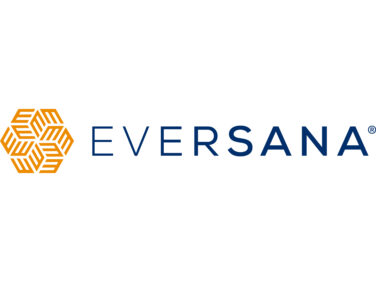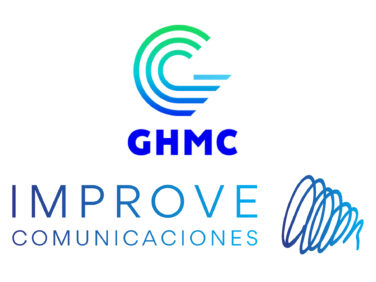My guess is most of us saw the news of Philp Morris International’s (PMI) purchase of UK inhalation and respiratory company Vectura back in July…and then did nothing.
Let’s be clear, PMI (and British American Tobacco for that matter) know their days in the world of tobacco are numbered, and profess a desire to become health and wellness brands. And recent actions would suggest they’re determined to make that desire a reality. But, should we, and the wider world of healthcare, welcome them in?
Health charities made their view clear. Malcolm Clark, Senior Cancer Prevention Policy Manager at Cancer Research UK, told The Guardian: “It’s unethical for big tobacco to be allowed to profit from treating diseases made far more prevalent because of its products.”
Sentiment echoed by Sarah Woolnough, Chief Executive of Asthma UK and the British Lung Foundation, who told The Guardian: “It is unacceptable that companies that have profited from the devastation smoking causes could then make even more money providing treatments for the illnesses they have caused.”
Unethical, unacceptable. Words I associate with the tobacco industry of the past. But what would they have to do for us to forgive their past wrongs? Perhaps a brief look at the facts will help us answer that question.
PMI’s History vs. Future
PMI stated that by 2025 half of their revenue will be generated from smoke-free products. Currently three quarters of their (£20 billion) annual revenue comes from “combustible” products. That’s 628.5 billion cigarettes sold globally last year. Still a stack load of cigarettes, but if they continue reducing their cigarette sales at the same rate as last year, they would stop selling cigarettes altogether at some point in 2029. That’s only eight years away. Perhaps that’s why Jacek Olczak, their CEO, is happy to push for cigarettes to be banned by 2030.
But is that enough? Can you legitimately profess to be on a mission to become a health and wellness business when you’re still planning to flog products known to cause untold amounts of damage to the human body and put further pressure on global healthcare systems for another decade? When viewed in that light, it feels like the poacher has become the gamekeeper, only to continue killing those they’re now meant to protect.
So, this is where I net out on this conundrum. If PMI wanted to genuinely transform their business, and be welcomed into the world of healthcare, they should have stopped making and selling tobacco products altogether. Commercial suicide surely, but that would have been the actions of a truly transformed business. If that were the case, I could legitimately argue for the healthcare industry to forgive their past ills and for PMI to be a beacon for true transformation. But as it currently stands, it’s hard to see their latest move as anything more than an opportunist trying to have their cake and eat it too. That is something our industry cannot be silent about.







